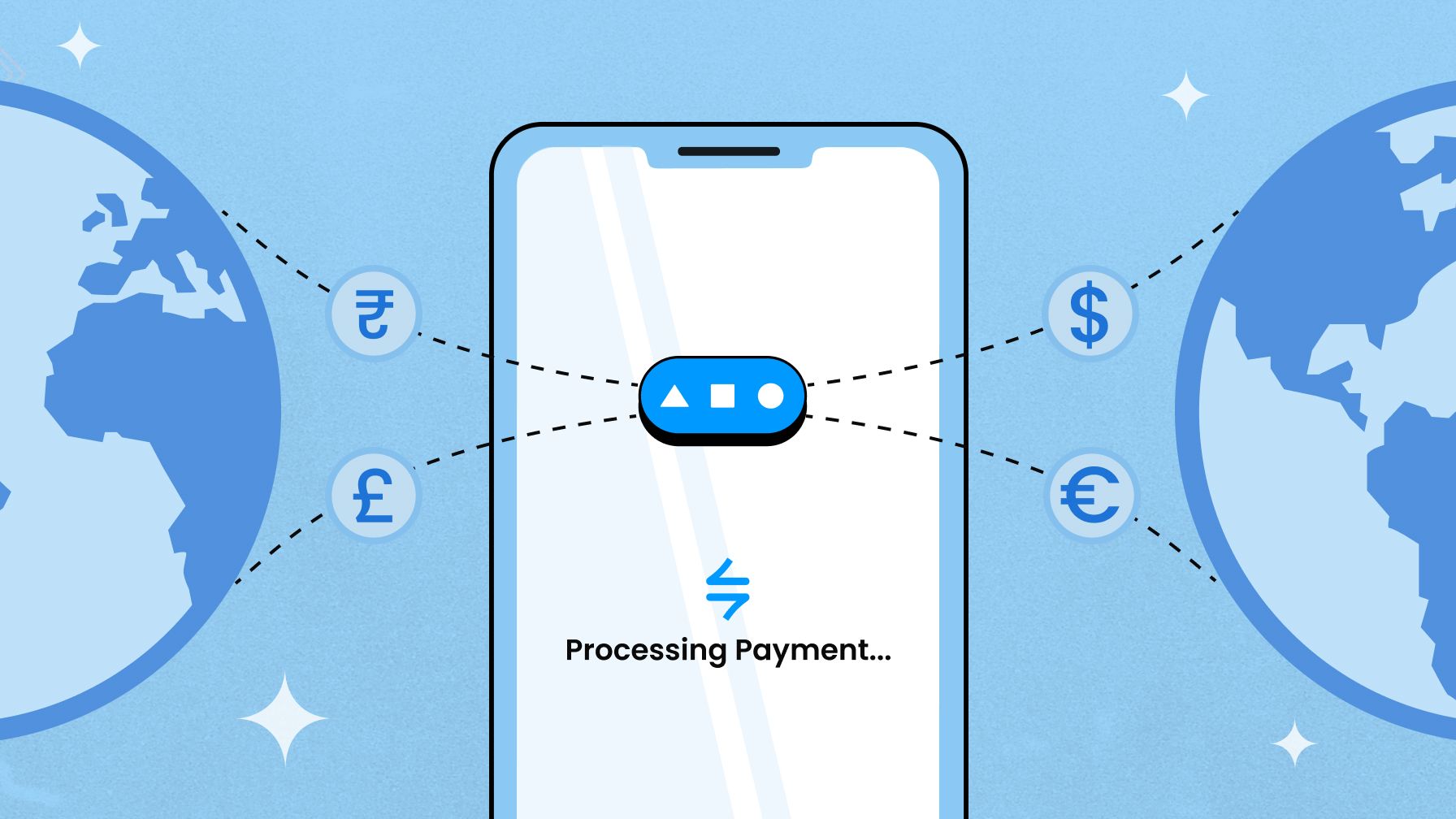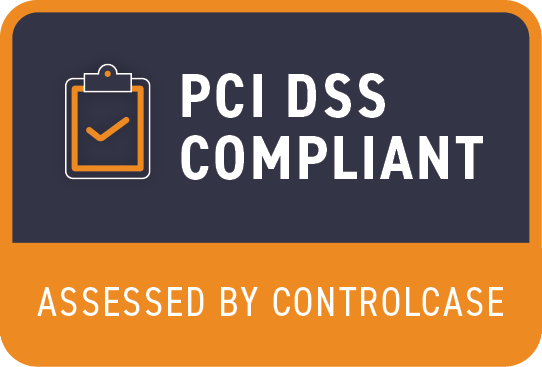Businesses are looking to grow beyond their home countries, reaching out to new markets and customers worldwide. To do this successfully, it's important to have a seamless and scalable global payout process. But making this process work well can be tricky - it involves a lot of technical details and can be costly. This article looks at the challenges involved and suggests ways to handle global payouts effectively.
Navigating Technical Complexities in Payout Scaling
Making global payouts work smoothly can be really complicated. It's like trying to build something complex using a bunch of different parts that don't quite fit together. Imagine trying to connect a bunch of different train tracks from different countries and time periods - it's not easy and can slow things down a lot.
On top of that, each payment provider has its own set of rules and requirements, which makes it even more challenging. It's like trying to juggle a bunch of different things at once, and it takes a lot of time and effort to keep everything running smoothly.
Old-fashioned systems just make things even harder. They're not designed to handle the specific details of international payments, so even small mistakes can cause big problems. This means that modern, flexible solutions are really important to make sure that global payouts run smoothly.
Enhancing Customer Experience Amid Payout Fragmentation
A fragmented global payout process can lead to a disjointed customer experience.
Traditional payout methods often operate behind an opaque curtain, leaving recipients in a state of limbo. Unlike domestic transactions with clear timelines and familiar procedures, international payouts can be shrouded in mystery. Customers are left wondering: Will the funds arrive in days or weeks? Will they be deposited directly into their bank account, or will they need to navigate a complex web of local money transfer services? This uncertainty can be incredibly frustrating, especially for international customers already grappling with the complexities of cross-border transactions.
Unfamiliar with the nuances of foreign exchange rates, intermediary fees, and potential delays, these customers become vulnerable to a sense of powerlessness and distrust. Without clear communication and real-time tracking, even a minor hiccup in the payout process can snowball into a major dent in customer loyalty. Building trust in a global marketplace hinges on transparency, and traditional payout methods often fall short in this critical area.
Furthermore, errors caused by manual data entry can inject a potent dose of frustration into the global payout process. This unnecessary friction creates a negative experience for both the sender and the receiver. The sender grapples with the anxiety of a delayed payout, unsure if the funds have been lost in the labyrinth of international finance. Meanwhile, the recipient faces the disappointment of postponed plans or unmet obligations due to the tardy arrival of their funds. Time is a valuable commodity, and manual data entry errors create a significant disruption that can be easily avoided with modern automation solutions.
Ensuring Cost Transparency in Global Payouts
Hidden fees and murky foreign exchange rates can eat into profits when scaling global payouts. Businesses may struggle to predict the true cost of each payout due to a lack of transparency from providers.
Opaque pricing structures with layered fees from intermediaries can make it difficult to navigate the financial minefield of global payouts. Unlike a transparent toll road with a clear upfront cost, traditional payout methods often operate with a shroud of secrecy. Businesses are left guessing the true cost of each transaction, with hidden fees lurking around every corner. These fees can come from a variety of intermediaries involved in the complex web of cross-border payments.
Banks, currency conversion services, and international payment processors all take a slice of the pie, each with their own fee structure. For instance, some providers might bury a hidden conversion fee within their exchange rate, making it appear more attractive on the surface but adding unexpected expenses to the bottom line. This lack of transparency makes it challenging for businesses to accurately calculate payout costs and predict their profitability in international markets.
Imagine launching a targeted marketing campaign in a new region, only to discover that a cascade of hidden fees eats away at your margins, turning a promising venture into a financial quagmire. Without clear and upfront pricing, businesses are left flying blind, unable to make informed decisions about their global expansion strategies.
Mastering Compliance for Seamless Global Payouts
Regulatory landscapes vary significantly across borders.
Businesses navigating global payouts must ensure compliance with an ever-evolving web of regulations, including Know Your Customer (KYC) and Anti-Money Laundering (AML) standards. Failure to comply can result in hefty fines, reputational damage, and even trading restrictions.
Different countries have different financial regulations and it is essential to comply with the regulations where payouts are made, for example, EU’s General Data Protection Regulation (GDPR) and U.S. Bank Secretary Act(BSA). And on top of this, businesses should also be mindful about international technology and security standards such as PCI-DSS.
Keeping up with the rules that are constantly changing in different places can be tough for businesses. Checking every payout to ensure it follows the rules takes a lot of time and resources, making it harder for the business to grow.
Leveraging In-Country Expertise for Global Payouts
To succeed in a new market, it's important to understand the specific needs and preferences of the people there. Things like how they like to receive payments, the banking system they use, and what they expect from businesses can be very different from country to country.
Using the same approach for every market can cause problems and frustrate customers. For example, a payout method that works well in one place might not be popular or easy to use somewhere else.
Working with a company that knows the local area can help bridge these differences. Local teams can give important advice about what people like and make sure that payouts are easy and convenient for everyone in that region.
Simplify and Scale Global Payouts Effectively with Hyperswitch
Fortunately, businesses don't have to navigate the complexities of global payouts alone. Modern payout solutions such as Hyperswitch can streamline the process, reduce costs, and enhance the customer experience. By partnering with Hyperswitch, businesses can unlock seamless global payouts, reaching new markets and customers with ease.








